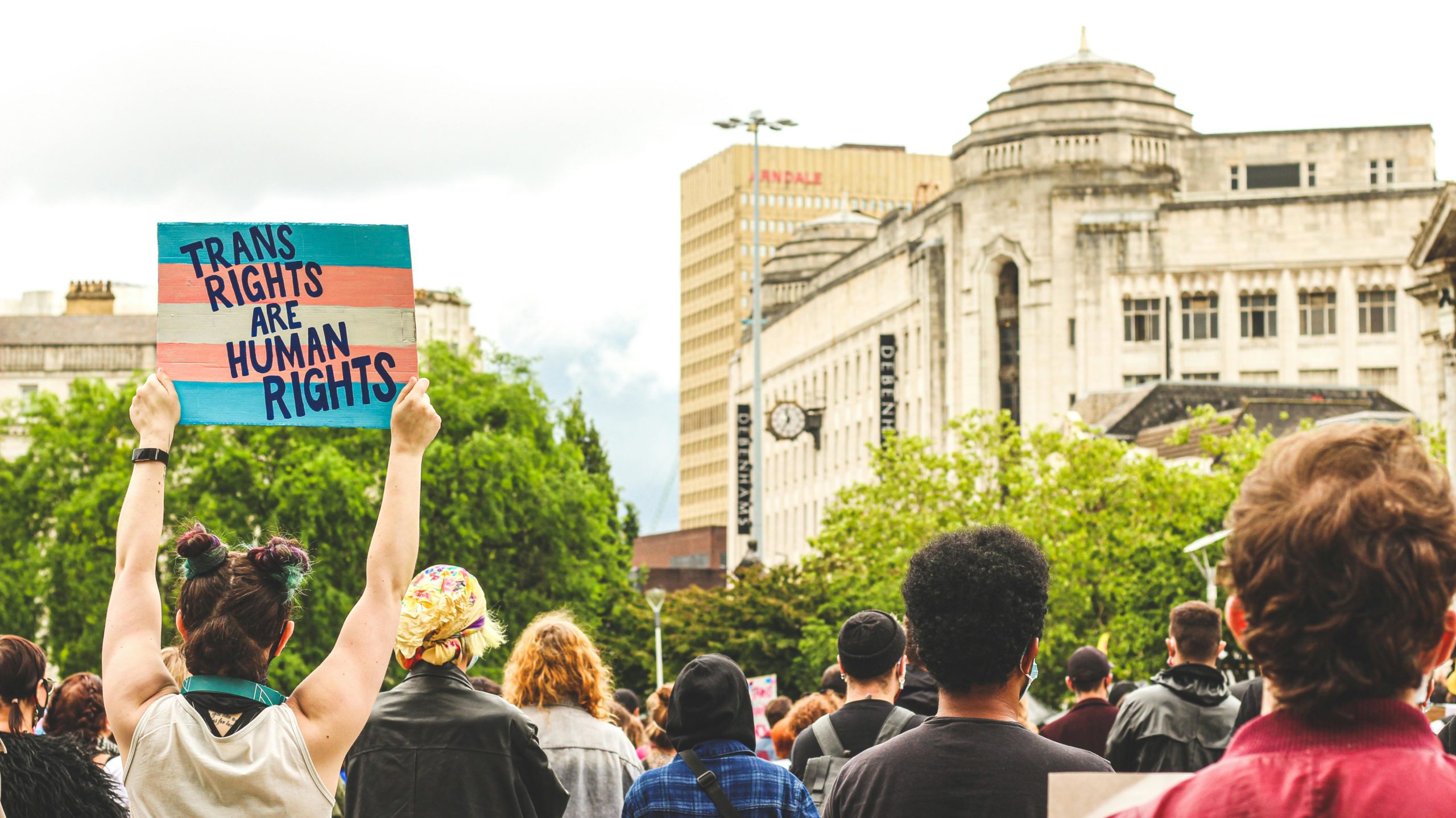
By Jonathan Pettifer, Doctoral Researcher, Department of Political Science and International Studies,
University of Birmingham
The UK has plummeted down the rankings of LGBTQ-friendly countries over the last decade. With a general election set for 4 July, could a change in government mean an improvement in LGBTQ+ rights?
When New Labour took office in 1997, the Labour Party was often seen as championing the rights of minorities. They refer to Dame Angela Eagle as the first elected woman MP to come out and the first lesbian UK government minister. Labour equalised the age of consent for same-sex couples to 16 years old, in line with heterosexual couples. They pride themselves on repealing the infamous ‘Section 28’ law, which prohibited the “promotion of homosexuality by local authorities”. They introduced laws to allow same-sex couples many of the rights held by straight couples in civil partnerships and passed the Adoption and Children Act, which allowed unmarried (including same-sex) couples to adopt children. They even point to the fact that the Conservative-Liberal Democrat Coalition’s Marriage (Same Sex Couples) Bill in 2013, which allowed equal marriage rights for same-sex couples, only passed thanks to Labour’s support when 136 Conservative MPs voted against it compared to 127 in favour. I could go on. On the surface, a party on the left, compared to the Conservatives, would always seek to improve the lives of those who experience prejudice. Yet, is this reflective of Labour today?
The mainstream media and the Conservative Party have continually accused Labour leader Sir Keir Starmer of U-turns. These U-turns make it difficult to know what Labour’s position is on trans rights, including self-identification. In May 2023, Annelise Dodds, the Shadow Equalities Secretary, published an article stating that Labour would simplify and reform gender recognition laws to make it easier for trans people to identify themselves, removing the ‘bureaucracy’ from a current medicalised system. Yet it was clear that this did not include a self-identification system, maintaining the requirement for some medical involvement in the process.
Mere months later, Starmer formally confirmed Labour’s intention to backtrack on plans for gender self-identification in July 2023, having previously promised to introduce it. Less than a year later, Labour seems to change track again, going back to saying they will ‘simplify’ the process for people to legally correct their gender by scrapping the requirement for a panel of doctors and lawyers to approve gender recognition certificates. Again, Dodds said Labour wanted “to see the process for gender recognition modernised”. The policy would allow individual GPs to sign off gender recognition certificates, which led Equalities Minister Kemi Badenoch, alongside other prominent ‘gender critical’ individuals, to accuse Labour of ushering in self-identification by the ‘back door’, something they claim will allow for abuse of the system to give “[men access] to women’s-only spaces”.
Since 2012, self-identification has been introduced in over 30 countries. The UK is behind the curve on a change increasingly supported internationally from Brazil to Belgium, Malta to Portugal. Labour’s current plan to ‘simplify’ the process for trans people to identify themselves is not enough to bring the UK in line should they win the next general election in July; it would continue the pathologisation of trans people.
Malta is one state leading the way on equality. The Maltese have adopted self-identification for trans people, full bans on conversion therapy, outlawed unnecessary surgery on intersex children, and properly promoted gender-affirming care. So, it’s no surprise it’s ranked as the number 1 best place for LGBTQ+ rights in Europe. Worldwide, Chile is now, in fact, considered the friendliest country towards LGBTQ+ people based on its legal protections and rights for the community. By contrast, the UK is in 30th place worldwide and 17th in Europe. If they win this next election, Labour must commit to properly promoting the rights of trans people, improving their legal protections and fostering a more welcoming environment for the LGBTQ+ community.
You would be forgiven, however, for thinking that Labour is, overall, keen to support LGBTQ+ rights. As it stands, they remain committed to a total ban on conversion therapy, including for trans people. The picture, however, is far from clear. Just last month, Annelise Dodds met with the LGB Alliance, an organisation widely criticised by LGBTQ+ groups for its openly anti-trans stance. Not only have organisations and charities condemned the group for its “denigration” of trans rights, but so too has the Labour Party’s own LGBT+ Labour – an officially associated group that promotes the interests of the LGBTQ+ community. LGBT+ Labour expressed how “incredibly disappointed” they were that Dodds met with a “fringe group which undermines [their] fight for LGBT+ equality”. Other Labour-linked groups, including Labour Women’s Declaration, were supportive of the meeting and accused LGBT+ Labour of having a “tantrum”, showing a conflict between rights as being “taboo”.
If the UK is to rise up the ranks of LGBTQ+-friendly countries, more must be done to improve the lives of and promote equality for LGBTQ+ people, particularly trans people in the UK. However, it is uncertain whether Labour will improve the lives of the LGBTQ+ community in the UK any more than the Conservatives. Labour is divided, policies are regularly changing, and frontbenchers are meeting anti-trans groups, all the while LGBTQ+ people’s existences are being cruelly debated.
- Find out more about Jonathan Pettifer
- Back to Social Sciences Birmingham
The views and opinions expressed in this article are those of the author and do not necessarily reflect the official policy or position of the University of Birmingham.
